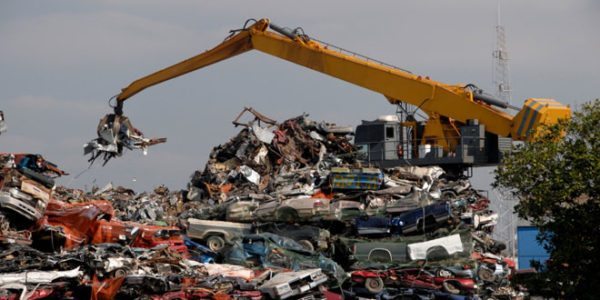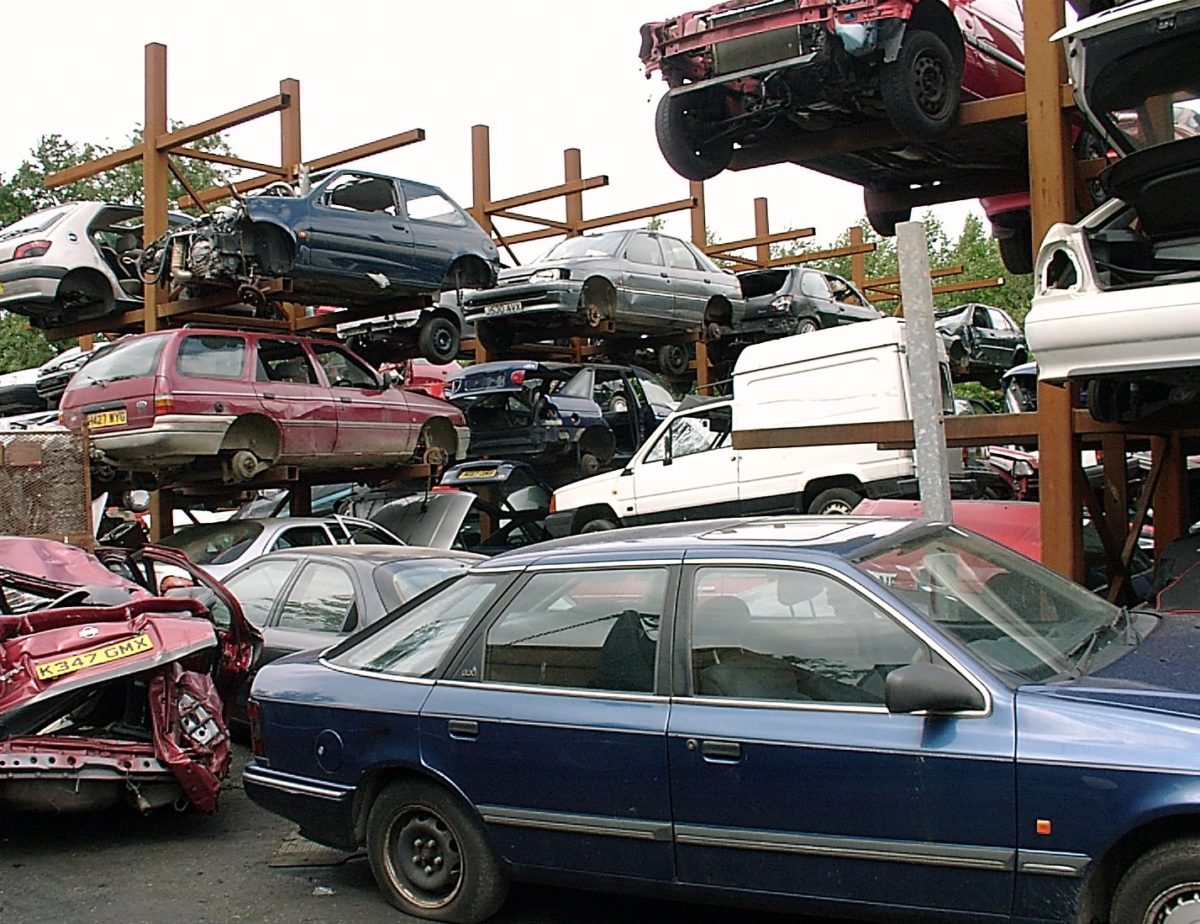Prior to India’s Finance Minister announcing today’s budget, there were enough indications to suggest that India would finally get a vehicle scrapping policy. Although a detailed version of the policy is will be announced in the next couple of weeks by the Road Transport and Highways Ministry, an overview has been revealed.
The new policy aims to phase out older vehicles which are said to pollute about 10-12 times more, in comparison to modern vehicles. Once approved, the policy will also lead to to a spur in creation of new jobs and investment. According to the government’s estimates, over 1 crore light, medium and heavy motor vehicles will fall under the purview of this new policy. Supporting the initiative, Mr Nitin Gadkari, Road transport, Highways and MSMEs Minister said, “The policy would cover an estimated 51 lakh light motor vehicles (LMVs) that are above 20 years of age, while another 34 lakh LMVs are above 15 years. It would also cover 17 lakh medium and heavy motor vehicles, which are above 15 years, and currently without valid fitness certificates.”

He added that this initiative will lead to recycling of metal, improve road safety, reduce air pollution, lower oil imports as more fuel efficient vehicles will be on the road, and stimulate investment. Once the policy is approved, vehicles which will require a fitness certificate will have to driven to an automated centre where they will be assessed on multiple parameters.
Earlier, the Government had announced a green tax policy. Under this, vehicles continuing to operate over the amount of permissible limit of time will be charged green tax upon renewal of registration. Under the new Green Tax structure, transport vehicles older than 8 years could be charged at the rate of 10 to 25 % of road tax at the time of renewal of fitness certificate. Personal vehicles will also be charged Green Tax at the time of renewal of Registration Certification after 15 years and the rates will differ for petrol and diesel-powered vehicles. This policy is subject to approval for state governments now.

